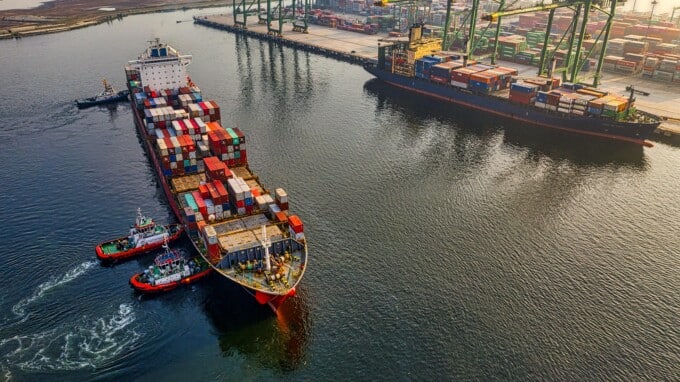How Long Do International Shipments Take?
International assignments can be an exciting time for employees and their family, but they also are undeniably more complex than domestic moves. … Continued

International assignments can be an exciting time for employees and their family, but they also are undeniably more complex than domestic moves. Employees aren’t just adjusting to a new city, they are adjusting to a new culture, most likely with a different language and set of customs. With all the change, it’s important that HR managers help their employees understand what’s going on every step of the way of the relocation.
Here’s the problem though, no two international shipments are the same and there are a lot of variables that determine their timeline. But at the same time, having their belongings arrive is one of the biggest steps in helping employees and their families settle into their new country.
This is why it’s critical to set reasonable expectations for when employees should expect their belongings to arrive. Simply saying how long you think or how long it usually takes can quickly backfire. Keep these tips in mind when managing international transferees’ relocation.
- Know what can affect shipments: Weather, labor disputes, heavy port traffic, customs – any or all of these can add days or weeks to a delivery schedule. It’s important to stay on top of all the factors that can impact a shipment.
- Communicate, a lot: People ideally would like to have their belongings arrive when they are supposed to, but if something does happen, knowing about it as soon as possible gives them time to make any other arrangements that may be necessary with the delay. The last thing you want is for them to call you asking why they haven’t received their delivery yet.
- Don’t try and do it all yourself: Even if you’re only managing a single international relocation, this is all a lot to handle. Transportation experts like Hilldrup have staff that monitor the aforementioned issues that can affect shipments and can provide regular updates on how a situation is progressing, as well as solutions to lessen any potential inconveniences employees might face from a delay.
Even a relatively simple shipment from Washington D.C. for example, which is on the East Coast near a port, to London can take four weeks. Determining the delivery schedule, explaining the process to employees and then monitoring the shipment for any potential issues causing a delay can be a full-time job that few HR managers – if any – can handle on their own.
International assignments are too important of an investment for them to be derailed from the get-go because of a delayed shipment that wasn’t properly communicated. If your company regularly transfers people oversees, identify a transportation expert that can help you navigate the process of shipping and delivery their belongings.


